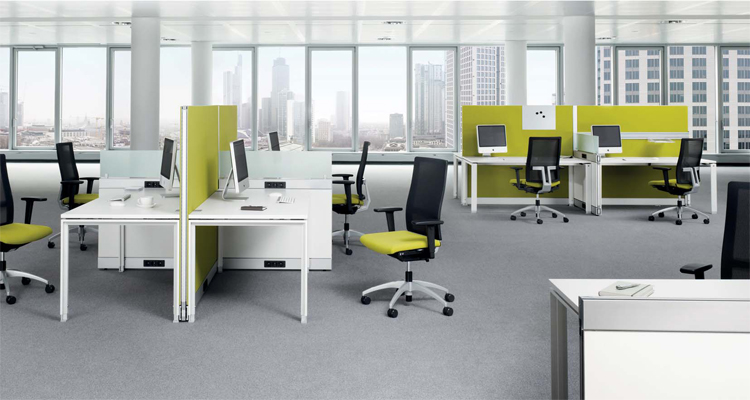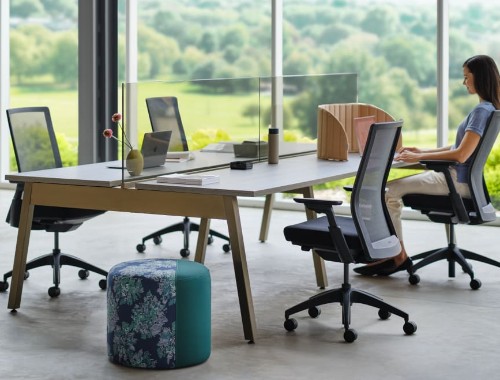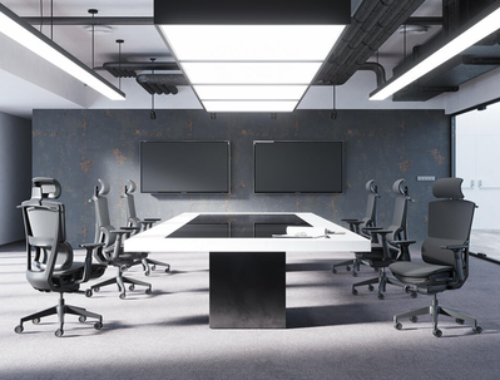Office supplies: the latest front in Chinese president’s bid to cut lavish government spending

Chinese authorities have rolled out a new policy on purchasing office equipment and furniture in another bid to cut the mainland’s once notoriously lavish government spending.
Analysts say the policy is part of President Xi Jinping’s austerity drive aimed at alleviating public anger at extravagant and wasteful expenditure.
Jointly released on Monday by the Ministry of Finance and several other Communist Party and central government bodies, the policy covers a wide range of office supplies, from computers, scanners and copiers to conference tables, sofas and book shelves.
The policy lists specific purchasing requirements, such as maximum prices and minimum service life.
Desktop computers should cost no more than 5,000 yuan, while laptops could cost up to 7,000 yuan. The figures include the cost of software and all computers need to last at least six years.
The previous policy, revised five years ago, set an upper limit for laptops at 10,000 yuan and required them to last a minimum of five years.
“[We] must take full account of the layout of offices and adhere to the approach of combining economical, functional and durable considerations. No costly, lavish furniture with exquisite materials should be allowed,” it said.
The policy set different standards for various levels of party and government officials. For instance, departmental heads could spend up to 4,500 yuan on office desks, but division level officials could spend no more than 3,000 yuan.
Professor Zhu Lijia of the Chinese Academy of Governance said while the new policy was a step in the right direction in reducing wasteful expenditure, it might have little impact on actual government spending.
“It would be naïve to expect such policies on office equipment and furniture to make a real difference,” he said. “Everyone knows government expenditure on vehicles, entertainment and overseas trips remains a large part of the wasteful spending,” he said.
He said expenditure on office furniture and equipment was “nothing” compared to lavish government offices, which could be seen across the nation and had been a main source of public discontent despite Beijing’s austerity drive, which Xi began after taking office in late 2012.
(Source: scmp)



























 沪公网安备31010402003309号
沪公网安备31010402003309号